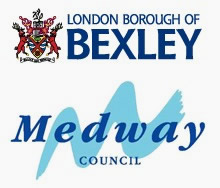Alcohol and Fertility
02/03/2010
Experts believe that drinking alcohol can have an effect on the fertility of both potential mothers and fathers.
It is known that alcohol can reduce sperm count in men and also make their testicles smaller. In addition, it can dampen men’s libido and cause impotence. For women, drinking can affect reproduction hormones and impact on the menstrual cycle. In some cases, drinking can heighten the risk of a pregnant woman miscarrying and increase the probability of fetal alcohol syndrome.
Alcohol can also affect fecundability. This relates to the likelihood someone has of conceiving during a menstrual cycle. A couple’s fecundability is dependent on both partners. Alcohol lowers fecundability because of its effect on sperm count and quality and its impact on erection and ejaculation abilities. If couples stop drinking any reduction in fecundability is likely to be reversed.
Alcohol can also reduce the body’s ability to absorb zinc which is a key mineral in men’s fertility.
Alcohol can disrupt the menstrual cycle and can in the worst cases stop ovulation completely. Studies suggest that even drinking five drinks a week or less can reduce women’s fertility, compared to abstaining from alcohol altogether.
Alcohol can also damage unborn babies, potentially causing problems such as fetal alcohol syndrome which stunts organ growth and is irreversible.
People trying to conceive are advised by many experts not to drink alcohol at all if they want to have the best chance of having a baby.

























